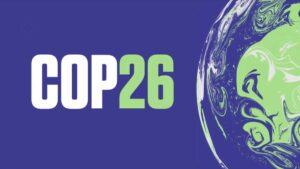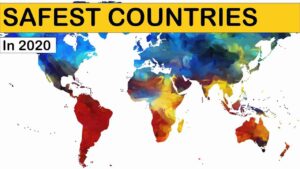The world has been grappling with the Covid-19 pandemic. While many countries have had vaccinations rolled out, few countries have reached the 60% double vaccinated population mark that allows herd immunity. Hence stopping the virus and it’s variants from thriving has been challenging.
However, there are those countries that, to this day in 2022, have no coronavirus cases. These nine countries had confirmed zero coronavirus cases along with zero deaths. Some are situated in southern Pacific Ocean and South Atlantic Ocean. Others are located in the remote regions of Oceania; the islands of Melanesia, Micronesia, and Polynesia. These islands were quick to isolate themselves by declaring national emergencies. According to experts, if an outbreak were to take place here, most of the population would succumb to it because of a high co-morbidity rate (heart diseases, chest conditions, diabetes etc.).
The Johns Hopkins University’s Center for Systems Science and Engineering (CSSE) has been modeling the spread of the disease since it’s presence was known. Based on their real-time data and cross-referenced with the WHO dashboard data, these are countries which have zero coronavirus cases.
Kiribati
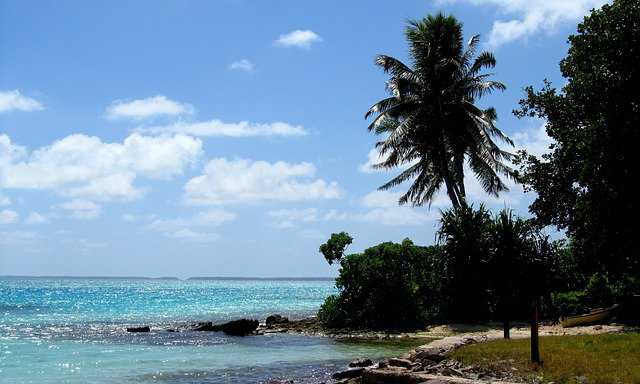
This island nation is located in the central Pacific Ocean. The President, Taneti Maamau, declared a national emergency on 28th March 2020. It has kept it’s borders closed to travelers since; the start phases of COVID-19 pandemic.
Kiribati has a population of 122, 347 people. The number of vaccinated people are unknown. However, Kiribati has received Astrazeneca vaccines and WHO data shows that 111,686 vaccine doses have been administered.
There has been zero confirmed cases along with zero deaths due to covid-19.
Kiribati had opened it’s international borders on January 10th 2022.
Micronesia (Federated States Of)
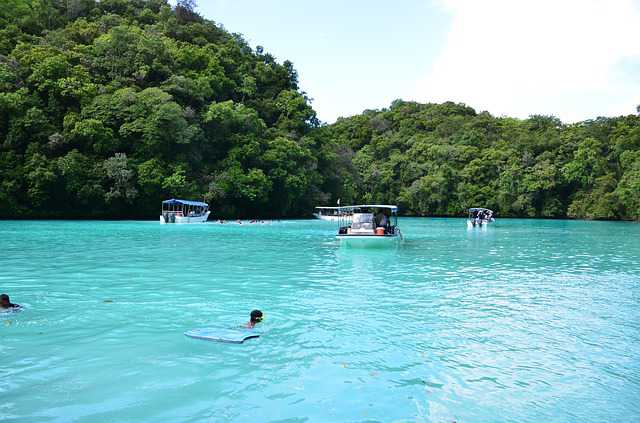
The Federated States of Micronesia is a country located in Oceania. Like many island countries, it was quick to react and closed off it’s borders early in March.
In October 2021, Micronesia became one of the few countries to impose a rule requiring that all eligible citizens get vaccinated against the coronavirus. Soon after, it added another rule that required all the adult population to prove that they have taken the vaccine.
Due to their strict controls the Micronesian people, “…don’t have to wear a mask,” said David Panuelo, the Micronesia President. “Our children are still going to school. There is no virus right now. We’re enjoying the daily freedoms like we’ve been enjoying prior to the COVID breakout. And so we want to keep it this way.”
It has an overall population of 116,827. By September 2021, 60% of the Micronesian population was fully vaccinated and 70% was at least partially vaccinated. As of 15th December 2021, according to WHO data, 82, 358 doses were administered.
This country has had zero coronavirus cases.
Nauru
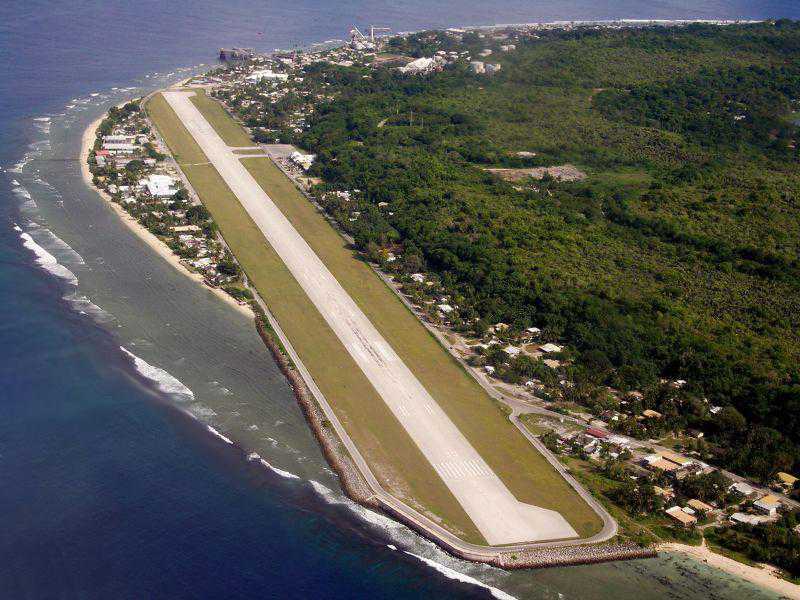
This island country is also located in Oceania, in the Central Pacific region. It had closed itself by suspending flights to other nations and nearby islands. Also, it reduced flights scheduled to Australia from 3 times a week to once a fortnight. Local hotels served as quarantine zones and any citizens returning from Australia were placed under two week quarantine.
Recently, it has allowed fully vaccinated travelers to enter after the 31st of December 2021. To travel, the passengers must carry a negative RT-PCR test report and follow quarantine rules.
Nauru has a total population of 10,876 and has reported having everyone fully vaccinated. In May 2021, a COVID-19 vaccination drive resulted in all it’s adult population – nearly 7000 people – taking their first AstraZeneca jab, within 4 weeks.
The government stated that, “The National Coronavirus Task-force is extremely pleased with this world record result and thanks everyone on Nauru for playing their part.”
“We had a figure provided to us from the Bureau of Statistics, based on a census in 2019, with adjustments for the expected population in 2020. And we’ve exceeded that number. So we’re very happy that we’ve covered all the adult population,” said Kieren Keke, Task-force chairman.
There has been zero confirmed cases along with zero deaths due to COVID-19.
It has a vaccination policy to allow it’s citizens aged 18 years and above to be vaccinated.
Niue
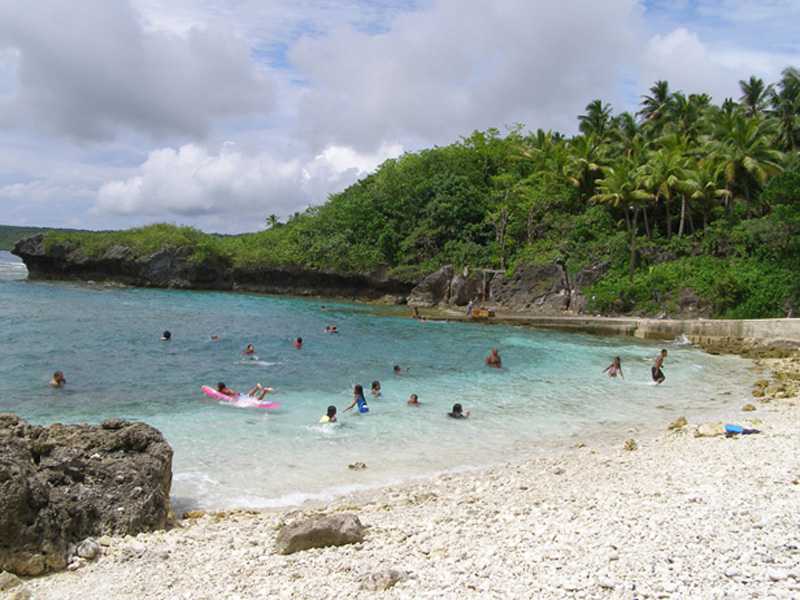
Niue is another island country located in the South Pacific Ocean. According to the New Zealand Herald, Niue also closed its borders early, during the start of the pandemic, with strict travel restrictions by the end of March 2020.
Their vaccination campaign started the week beginning 31st May 2021 and by 9th July, their initial vaccination roll out was completed; This included everyone aged 16 years and above. 97% of the eligible population received the Pfizer Comirnaty vaccine and became fully vaccinated.
Niue has a local population of about 2000 people and, based on WHO data, 2352 vaccines have been administered.
Niue has reported that there has been zero confirmed cases due to the coronavirus.
Pitcairn Islands
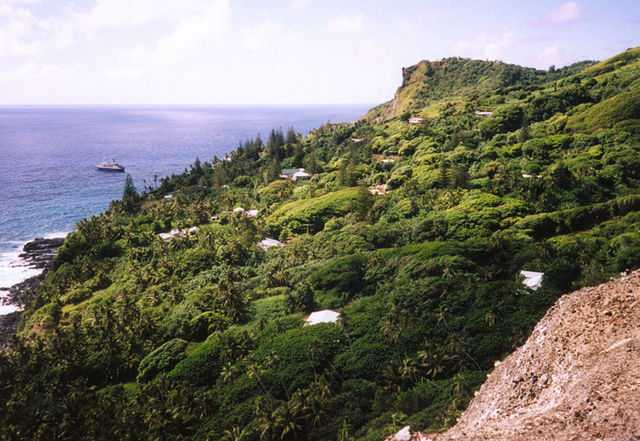
These islands form the British overseas Territory and are located in the southern Pacific Ocean. They will open up to international travelers from 31st March 2022 after nearly two years of closure.
The country has a population of 47 individuals. By the end of May 2021, they had all taken the AstraZeneca jab.
Based on WHO data, this is another country without COVID-19 – no cases or deaths due to the coronavirus.
Saint Helena
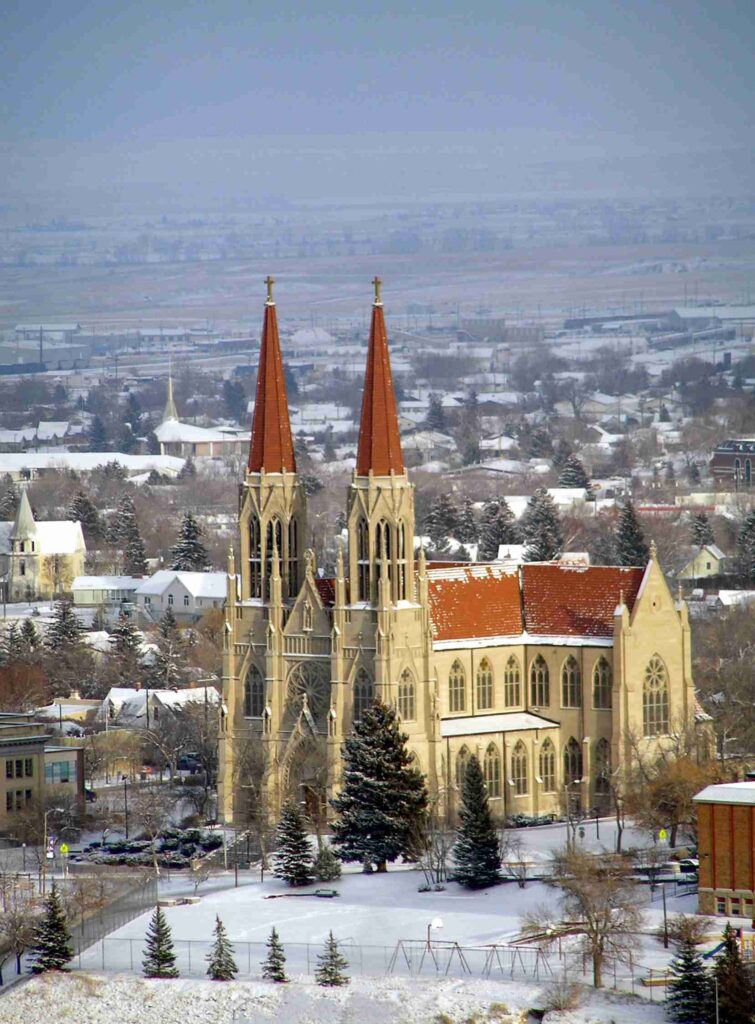
Saint Helena is an island country located in the South Atlantic Ocean.
It had strict border controls. Only restricted flights could take place between The United Kingdom and the island of Saint Helena.
Saint Helena has a population of 4439 people.
It received AstraZeneca COVID-19 vaccine on 5th January 2021 and by 5th May 2021, the government announced that it had 3528 residents that had received both doses – 95.1% of the adult population and 77.8% of it’s total population.
Similarly to the other nations, this country has reported zero cases of covid-19.
Tokelau
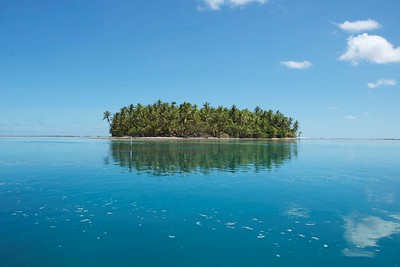
Tokelau is yet another island country located in the southern Pacific Ocean.
It’s borders had been strictly controlled with all incoming travel fully suspended starting 19th March 2020.
It has a population of 1373 people and, according to the latest WHO data, has administered 1936 vaccines as of 28th September 2021.
Any returning Tokelau residents were under self-isolation in Samoa before boarding a boat that would get them to Tokelau.
This country has been without COVID-19 infection.
Cook Islands
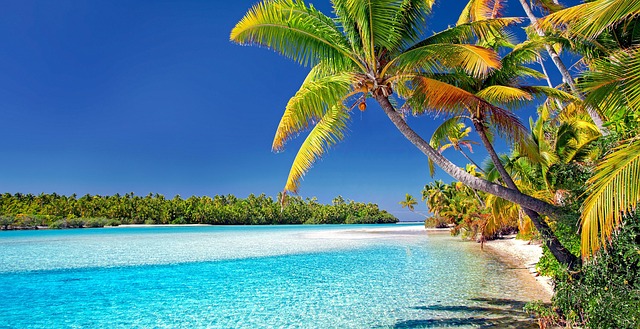
Cook islands are located in the South Pacific Ocean.
This country has remained closed to the world earlier and has only opened up to fully vaccinated New Zealanders on 13th January.
It’s vaccination policy is to give the first two doses of the vaccine to citizens aged 12 years and above. Those aged 18 years and above can get a booster shot as well. As reported, they have nearly 100% of their 17,459 people double vaccinated.
This country has not been in contact with the coronavirus at all: zero reported COVID-19 cases.
Tuvalu
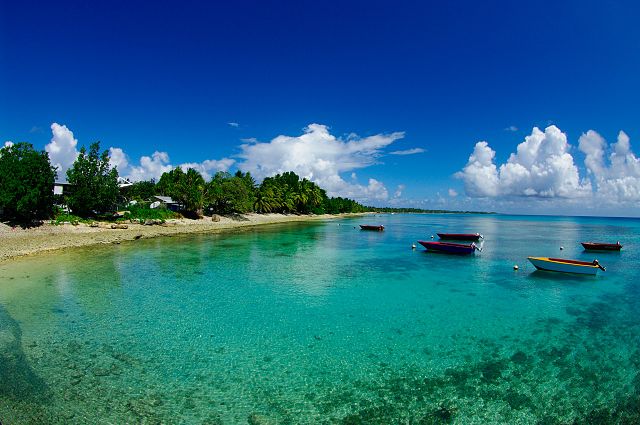
Tuvalu is an island country located in the Polynesian region of Oceania in the Pacific Ocean.
The acting governor declared a national emergency on 26th March 2020. Hence, with no travel allowed, the country remained closed.
Tuvalu has a population of 11931 people.
The vaccination policy was rolled out in April 2021 and given to 12,114 people. Anyone hoping to go to Tuvalu must spend 14-days of isolation in Fiji, Kiribati, Samoa, Tonga, Vanuatu or the Solomon Islands before embarking for the country.
Tuvalu has reported zero coronavirus cases or deaths.
There are some countries that have made significant efforts to try to control the virus spread within their countries. Many of them made drastic decisions early, and stuck with them. This enabled their local population to continue with their day to day lives with the least amount of disruption. Additionally, herd immunity was possible with relative ease as everyone got vaccinated. This left these particular countries with zero reported cases of coronavirus.

